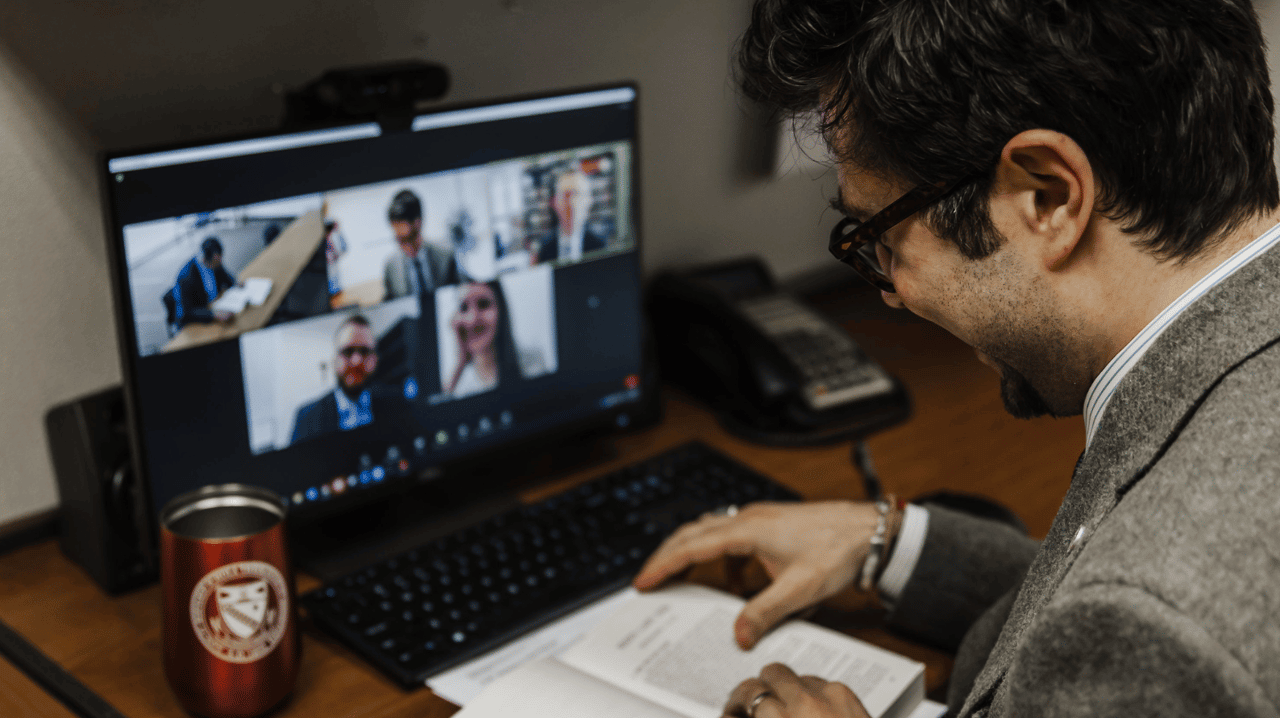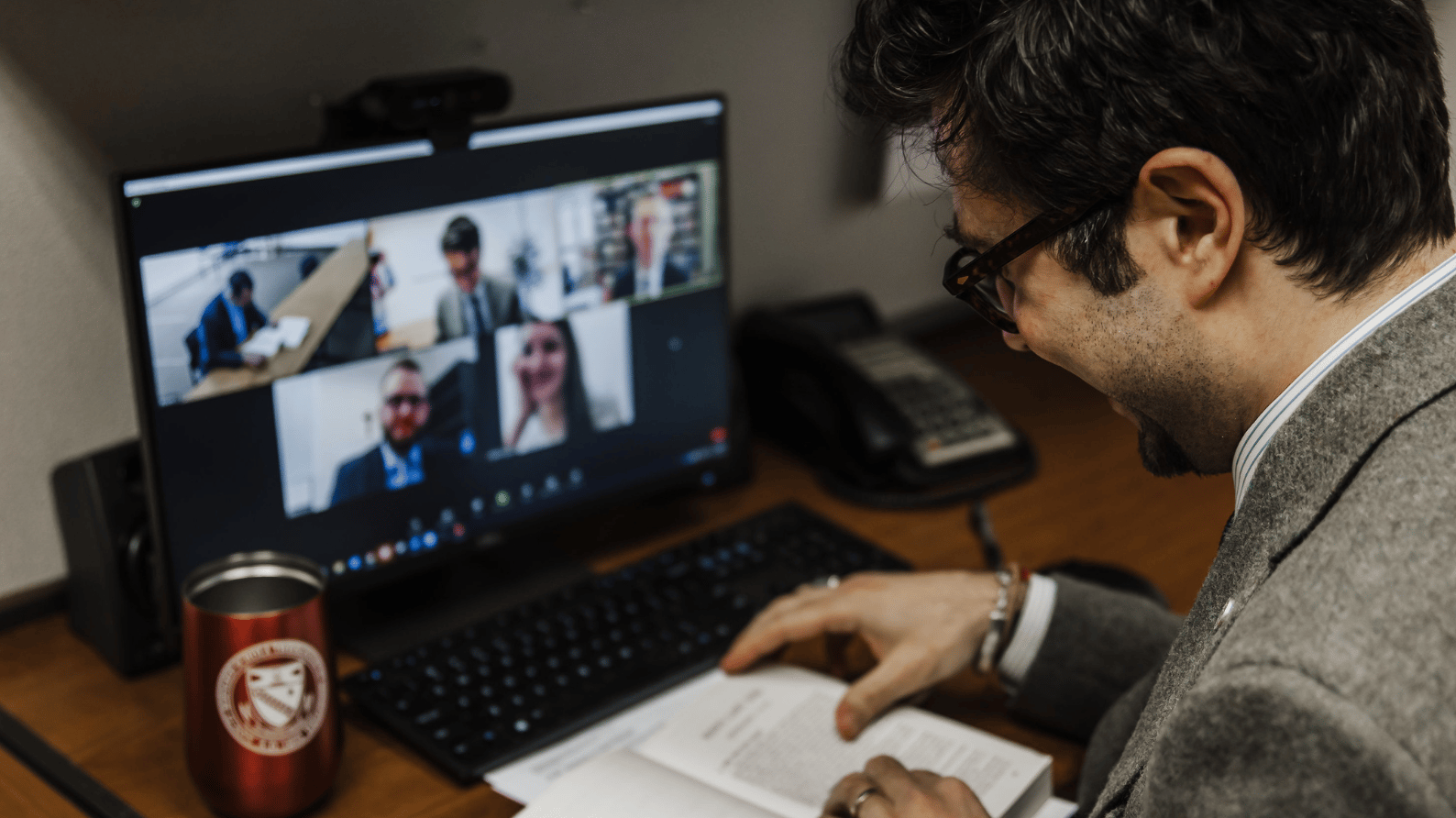Modern psychology has tried to distance itself from faith and, historically, some have even reduced the human person to a list of qualitative functions, characteristics and behaviors. But this largely ignores the complexity and beauty of the human person.
Likewise, over the last few decades, there has been an openness to explore what is good and leads to human flourishing. The concern for sources of human flourishing and happiness is now present in psychology, but it has been growing in the American culture where many are searching for meaning in a consumer dominated society. Today, probably more than ever, people are aware of their psychological problems and how they undermine happiness and general flourishing.
You don’t have to look far to see the deep psychological wounds that exist today. Trauma from sexual abuse, betrayal by those in authority, the disintegration of families, the opioid crisis, an increase in suicide rates – these are just a few of the recent headlines that call for attention and response.
St. John Paul II was keenly aware of the importance of psychology to both the culture and the Church. In his 1987 address to the Roman Rota, he discussed at length its benefits and challenges, recognizing the good to be found in the mental health sciences while also pointing to some dangers and challenges:
“The discoveries and achievements purely in the fields of psychology and psychiatry are not capable of offering a truly complete vision of the person. They are not capable of resolving on their own the fundamental questions concerning the meaning of life and the human vocation.”
The need for integration of faith and psychology has also come to the forefront of various research studies. According to a 2014 literature review published in the Current Opinion in Psychiatry, “Religion and spirituality have the ability to promote or damage mental health. This potential demands an increased awareness of religious matters by practitioners in the mental health field as well as ongoing attention in psychiatric research.”
David Rosmarin, a practicing Orthodox Jew and clinical scientist, published a similar study in 2015 that found 58% of patients at his hospital reported significant interest in discussing spirituality with their clinicians. He reported that these discussions can have a direct medical impact, since they allow the person to connect directly with all sources of treatment. Additionally, he found that belief in God was associated with a reduction of depressive symptoms.
For many, religion and spirituality are key components towards growth and healing. For some, they may be sources of problems that need to be addressed in the service of their health and well-being.
Many of the wounds we experience today regard mental and emotional health, and we need members of the Church who can heal them. We know that over 18 percent of American adults suffer with a mental illness, but less than half seek the care they need. We need clergy and lay people who can recognize when a fellow member of the Church needs help. We need physicians, counselors, psychologists, and psychiatrists to provide services that work in harmony with the beliefs and teachings of the Catholic Church. The Church needs healers. We are the body of Christ and we need to work together to make sure every limb is healthy.
As John Paul II reminds us: “Whoever suffers mental illness always bears God’s image and likeness, and has an inalienable right to be considered a person and treated as such.”
The coming together of profession, vocation and mission that meet in the Christian vision of life and health allows true freedom to be present in the life of a person. With this approach, mental and health care can assume a new and higher meaning as a service to life and a true healing ministry.
Divine Mercy University is dedicated to the renewal of the Catholic-Christian intellectual tradition and the integration of the theoretical and empirical bases of psychology and a Catholic-Christian view of the human person. Divine Mercy University is accepting applications for all of its programs, which include a Psy.D. in Clinical Psychology (on-site in Northern Virginia); an M.S. in Psychology that provides professionals with the practical skills they need to make an immediate impact in the lives of others (online); and an M.S. in Counseling (online).
For more information, visit www.divinemercy.edu.















